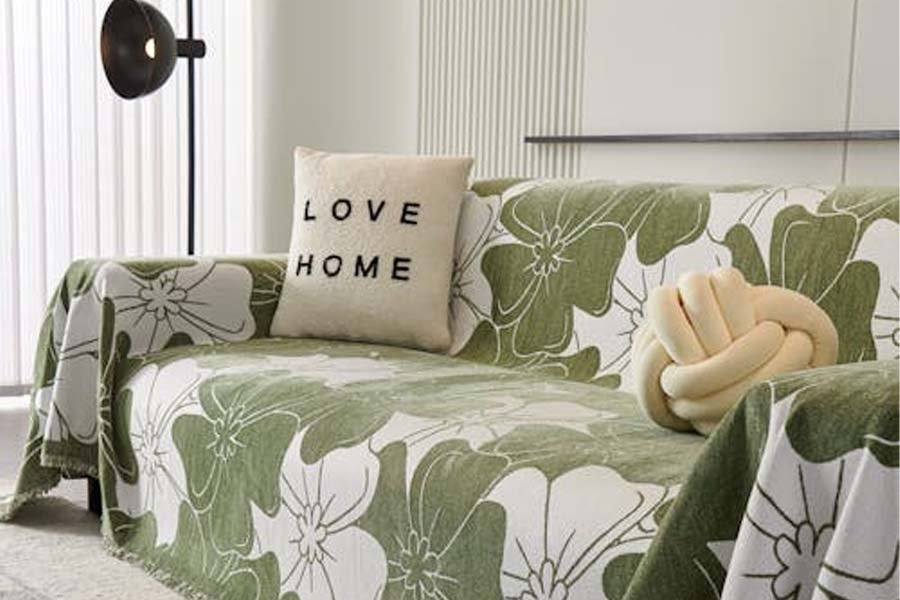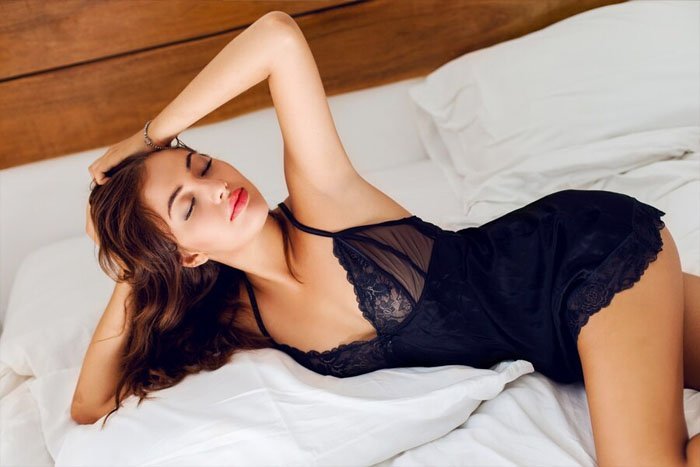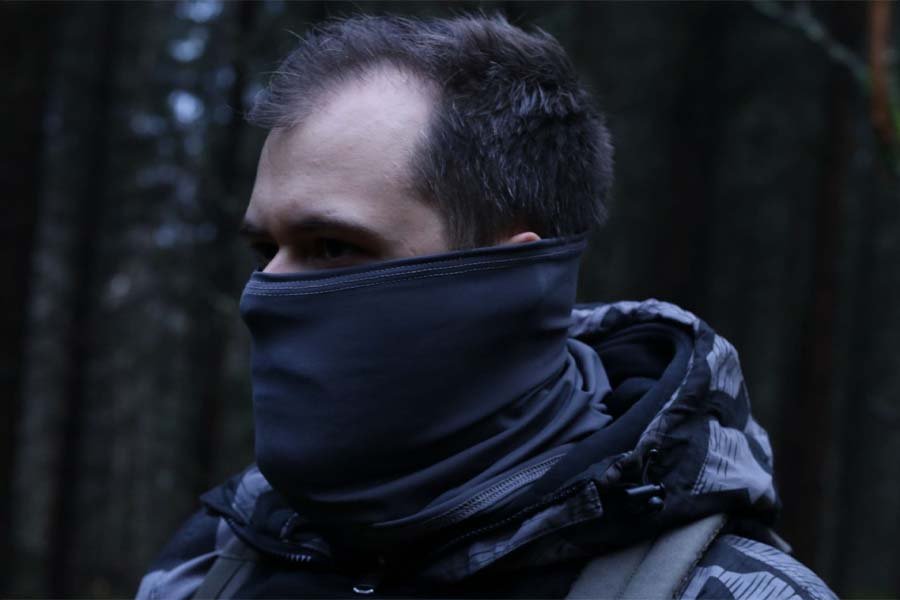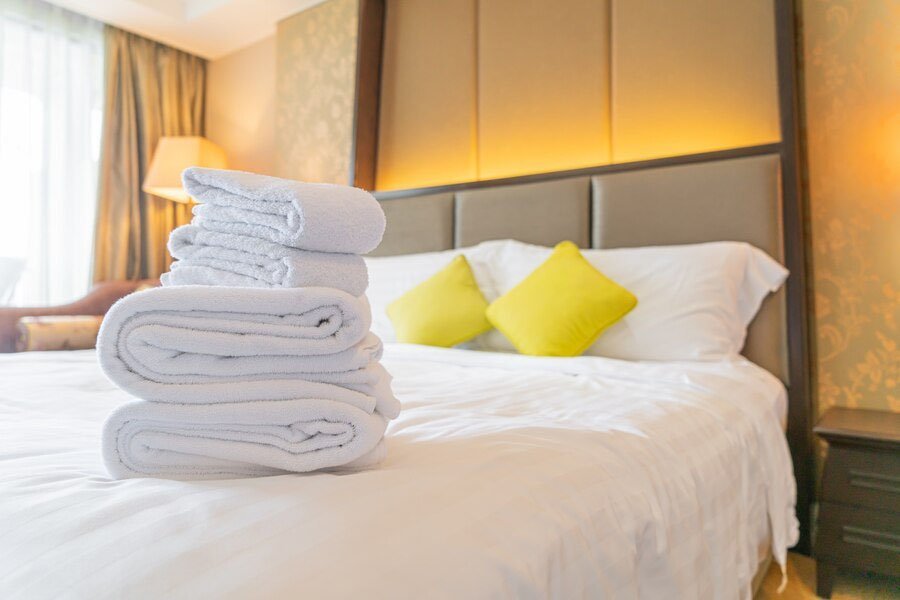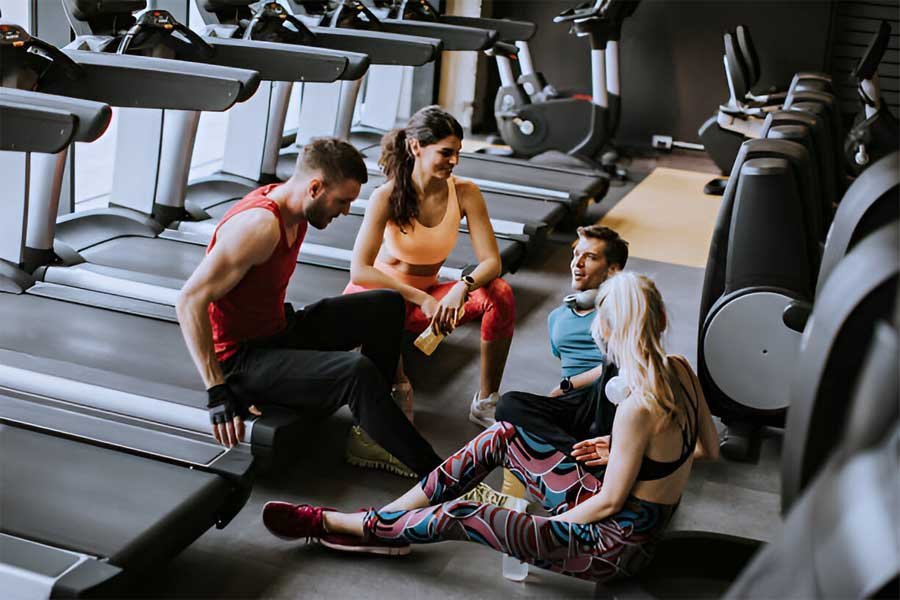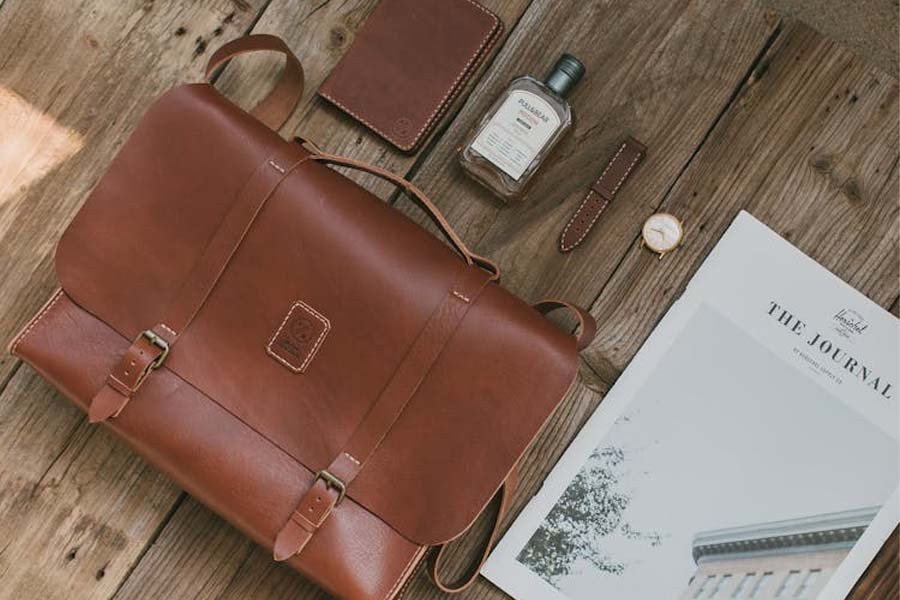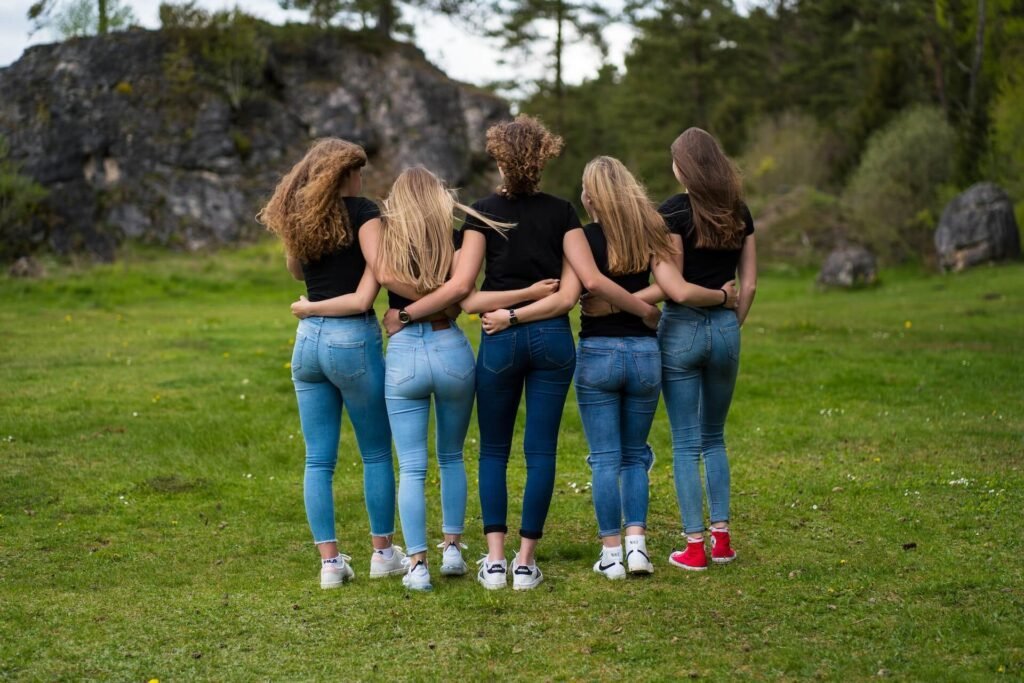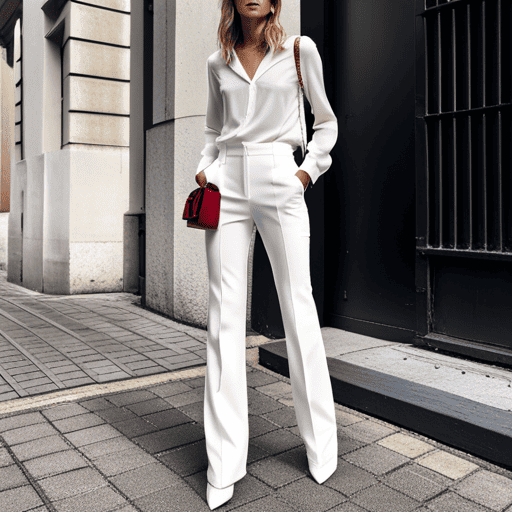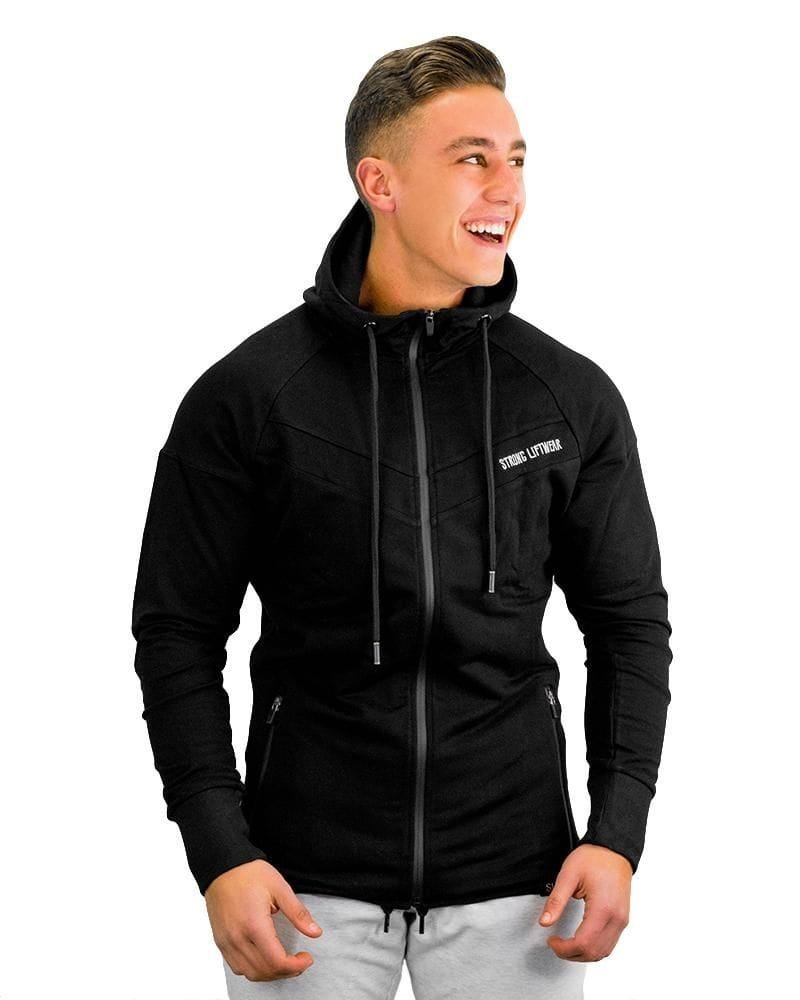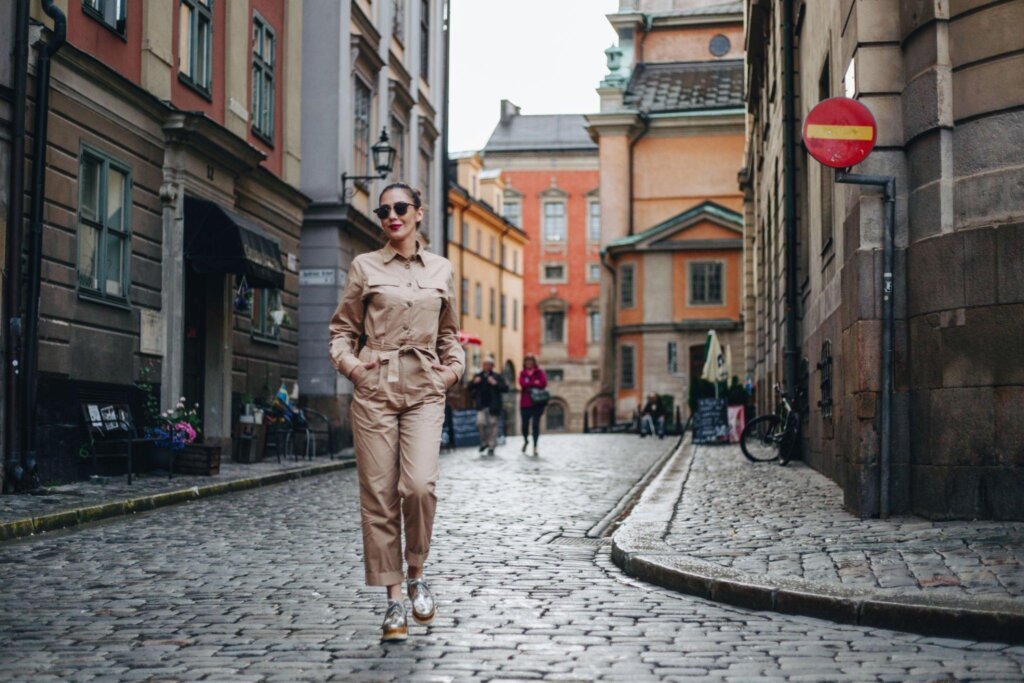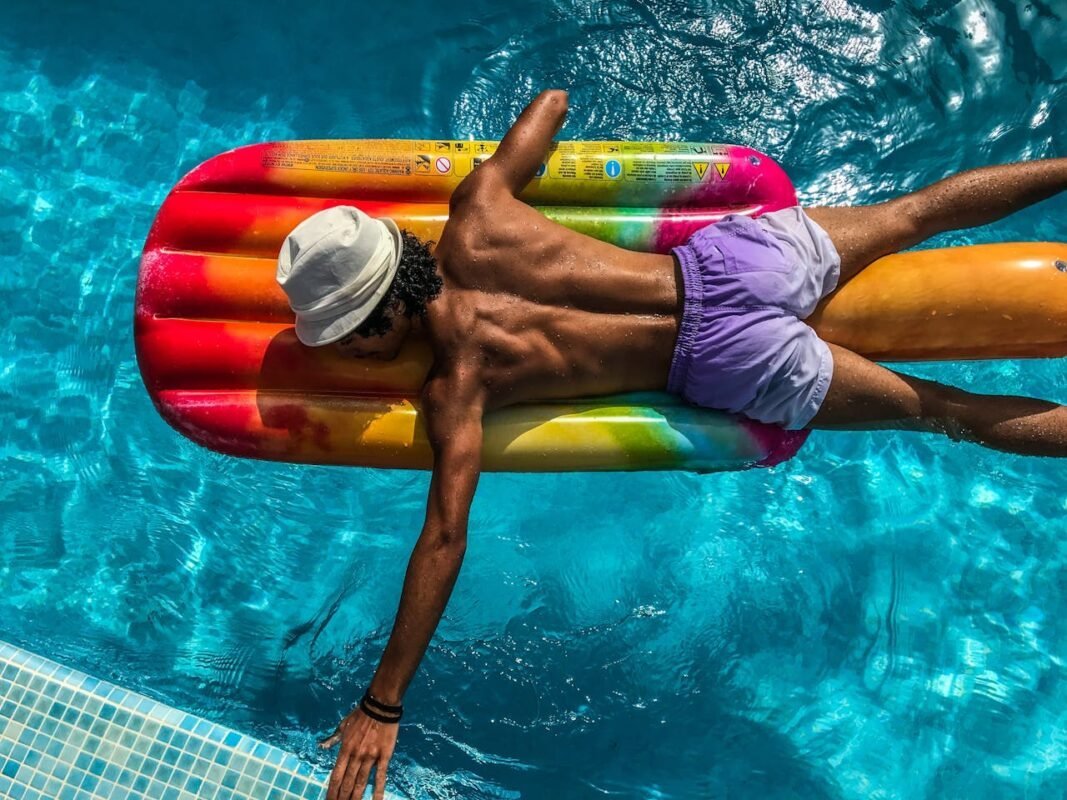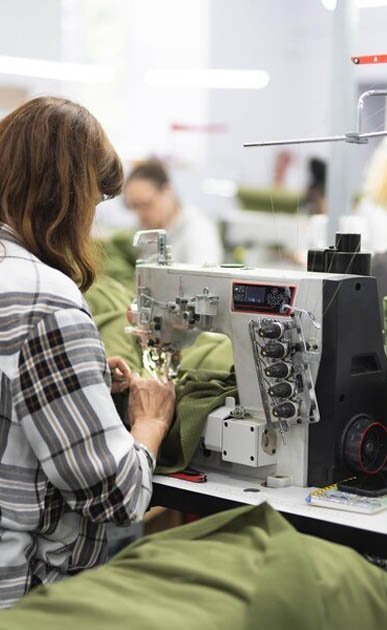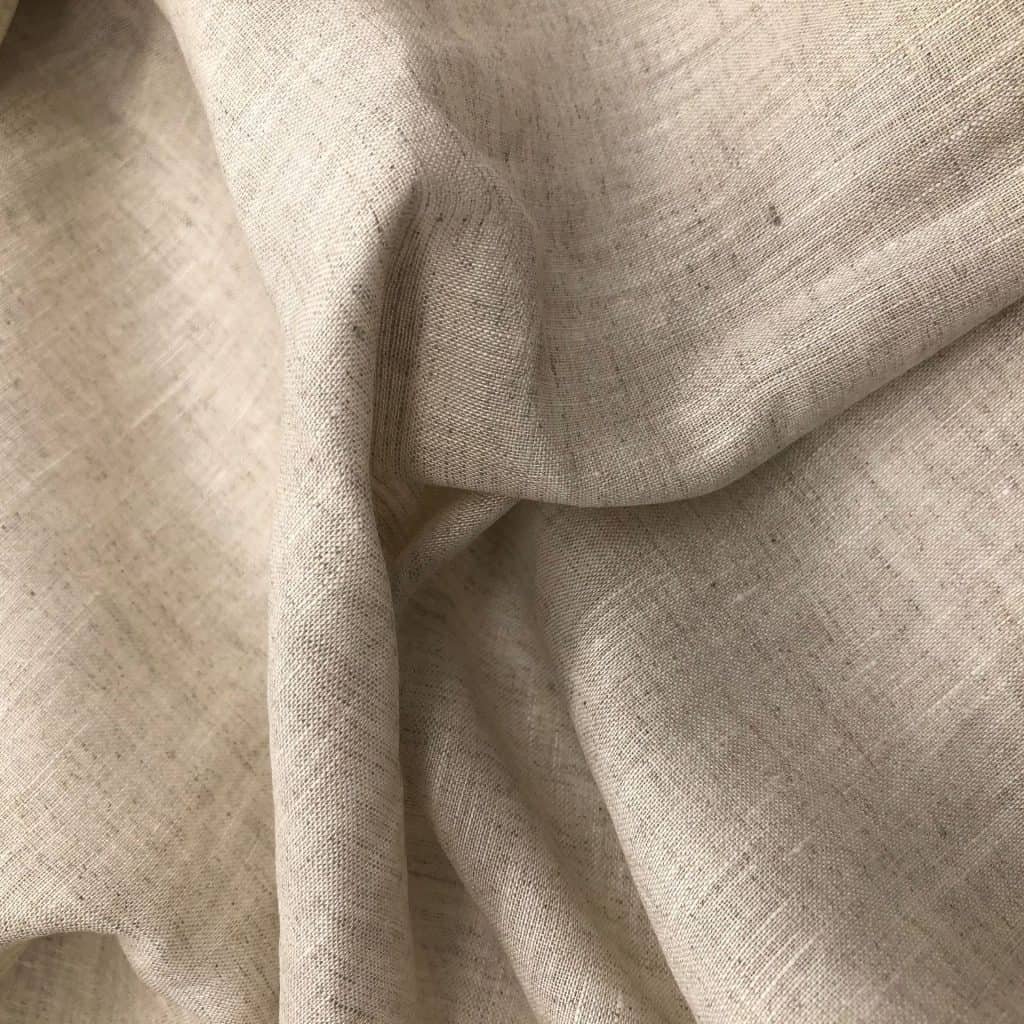
What is linen fabric?
Linen is a versatile, durable, and stylish fabric. It has a natural luster, a distinct texture, and breathability. Manufacturers have used linen fabric for luxurious fashion and practical household textiles.
Linen is a high-demand fabric and has been the material of choice for clothing and home decor since then. People have been utilizing linen fabric for thousands of years.
It is a beautiful and sustainable fabric that suits various textile needs. But how do you identify a linen fabric?
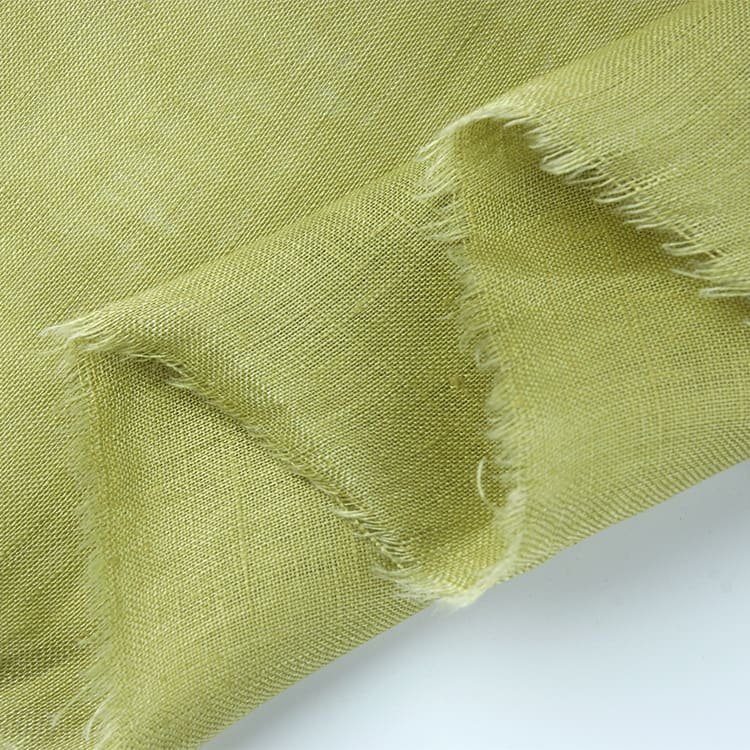
How do you identify linen?
To identify linen fabric, you must consider the following:
Look for its natural colors. It includes pale yellowish-gray, beige, taupe, gray, cream, ecru, sand, and ivory.
Check for natural wrinkles, as linen is not very elastic.
Examine it for durability and resistance to wear and tear.
Test the absorbency by moistening it and observing how it absorbs liquids.
Linen has slubs and bumps in the weave and a rough texture that becomes smoother over time.
A brief history of linen fabric
Linen fabric has a long and illustrious history dating back to ancient Egypt. People used linen for clothing and mummification, and it even served as a form of currency.
Linen’s production had a significant impact on the economy. It remained a symbol of luxury and elegance throughout the ages. Even today, linen remains a popular choice for many purposes.
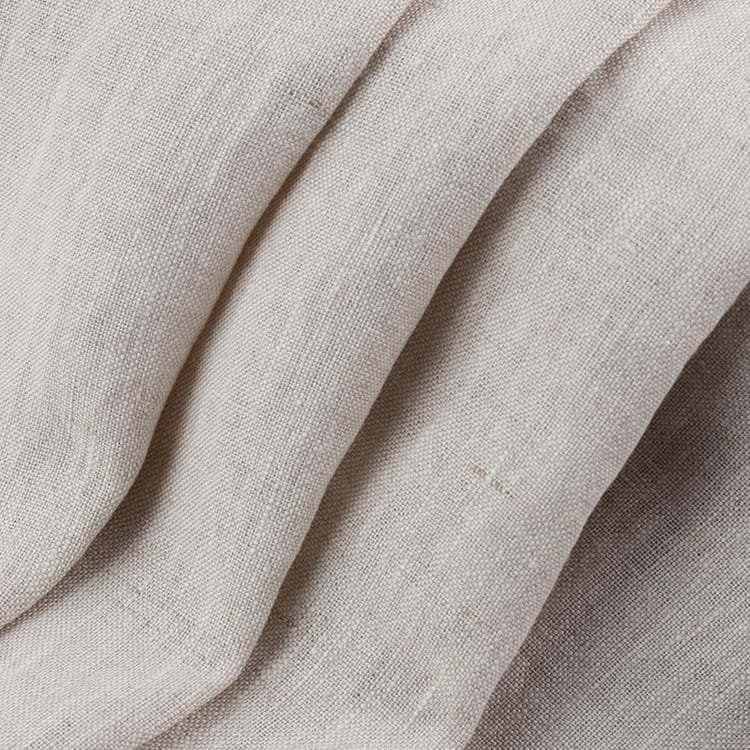
What kind of fabric is linen?
Linen fabric is a natural textile made from flax plant fibers grown in cooler regions. It has a smooth but rough texture and is absorbent. People valued it for its natural luster and distinct grain pattern.
Characteristics of linen fabric
Material
Linen fabric is absorbent, hypoallergenic, and antibacterial, with a unique texture and luster.
Texture
Linen stands out from other fabrics due to its irregular fibers. This results in a distinctive texture that is both smooth and slightly rough.
Properties
Linen fabric has a distinctive natural luster and grain pattern. It is prone to wrinkles and has imperfections like slubs and small bumps.
What is linen fabric used for?
Linen is a versatile fabric that has many uses across industries. It is popular in the clothing industry because it is lightweight and breathable. Lenin fabric is perfect for casual wear like pants, skirts, and dresses.
Additionally, it is also suitable for home decor items such as curtains and bedding.
Linen fabric is also a durable choice for furniture upholstery. Designers also use this fabric to make bags, hats, and scarves. You might be wondering why. It is because denim fabric is easy to dye in different colors and patterns.
Moreover, the medical industry prefers linen fabric because it is hypoallergenic. It has sterilizable properties good for making bandages, gauze, and surgical clothing.
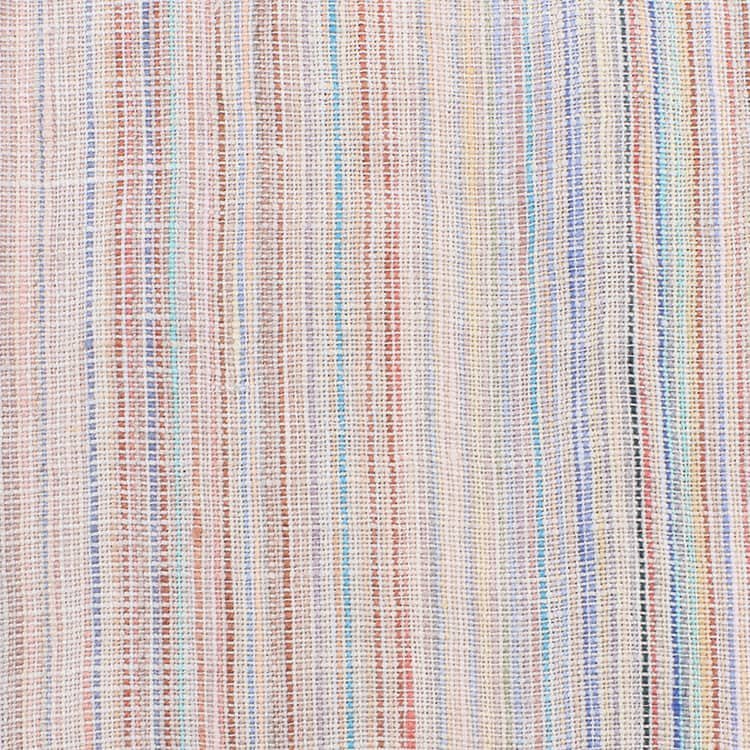
What are the three types of linen fabrics?
The three types of linen fabrics are the following:
Damask linen
Damask linen is a luxurious fabric woven with a special technique. It is to create a reversible pattern using linen, cotton, or silk fibers. It’s used for high-end decorative items such as tablecloths, napkins, and bedding.
The name “damask” originated from the city of Damascus, where it was first produced in the Middle Ages.
Loosely-woven linen
It has a lightweight and airy feel, making it suitable for warm weather or tropical climates. This fabric tends to soften with each wash, making it a favorite among linen enthusiasts.
Plain-woven linen
Plain-woven linen features a simple over-and-under weave pattern that creates a smooth surface. It’s used for towels and napkins due to its ability to absorb and release moisture.
The plain weave allows for easy dyeing, making it versatile for fashion and home decor.
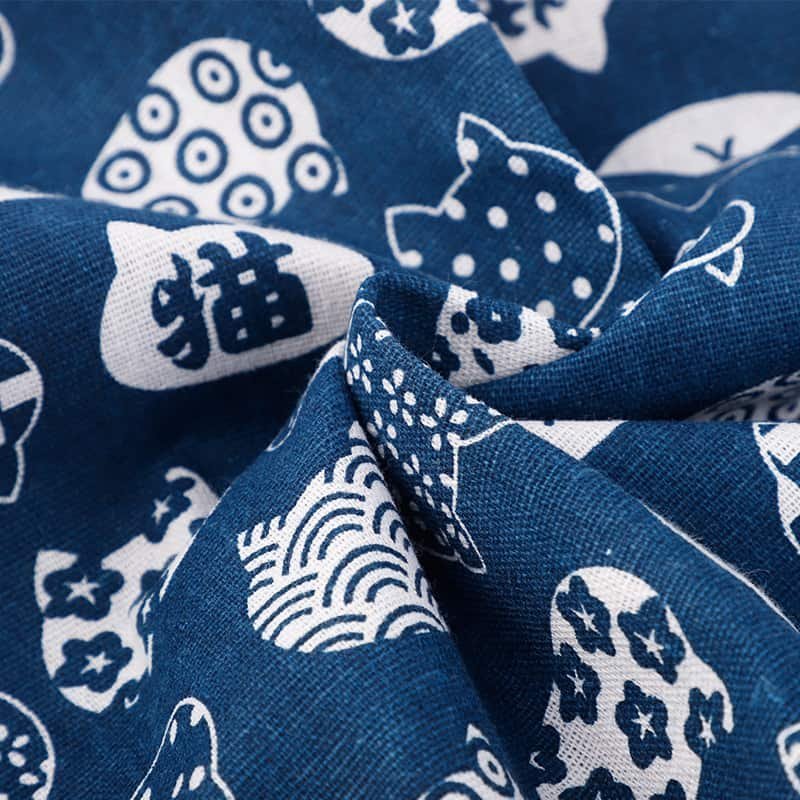
How are linen textiles made?
The following are the steps on how to make a linen fabric:
Cultivating Flax
The first step involves growing flax plants. After 100 days, farmers pull up the roots of the plants and leave them to dry in the sun for several weeks.
Retting
The flax plants are retted to separate the fibers from the plant stalks after they have dried. These are the two ways of retting:
Water retting
The traditional method for separating fibers from stems is to soak them in water.
Dew retting
Extracting plant fibers involves allowing them to decompose on the ground with moisture.
Breaking and Scutching
Crushing the dried stalk removes the flax fibers from its woody parts. To remove the remaining plant material, you have to beat the fibers.
Hackling
Combing the fibers is important to remove impurities and straws. Fibers are then straightened to make them ready for spinning into yarn or thread.
Spinning
The hackled fibers are then spun into yarn, either manually or using machinery.
Weaving
The weavers use a loom to weave the yarn into linen fabric.
FAQ
Is linen better than cotton?
Linen is better than cotton because it has durable fibers that resist pilling. When you use and wash linen, it becomes even sturdier, but cotton becomes weaker as time goes on.
What are the disadvantages of linen?
Linen has disadvantages like wrinkling, shrinkage, stiffness, and a high cost. It is wise to follow the care label instructions to avoid these problems.
Is linen fiber silk or cotton?
Linen is neither silk nor cotton. The fibers of the flax plant produce this fabric.
Should you iron linen clothes?
Since this fabric is prone to wrinkles, it is wise to iron linen clothes. It’s best to do it when they are slightly damp and use a low to medium heat setting. A pressing cloth can help prevent scorching the fabric. Before ironing, it’s important to check the instructions to ensure the correct temperature.
Conclusion
Linen is a strong and useful fabric known for its natural texture. It has the ability to let air flow through it, and it can become softer and stronger with use. People are still using linen because of its sustainability, even though it wrinkles.
Linen fabrics will remain valuable and in demand in the future. It is because people are considering sustainable materials in their purchasing decisions. And with the advancement of technologies, the production of linen textiles will improve. It will result in new applications and novel uses of linen fabric.

